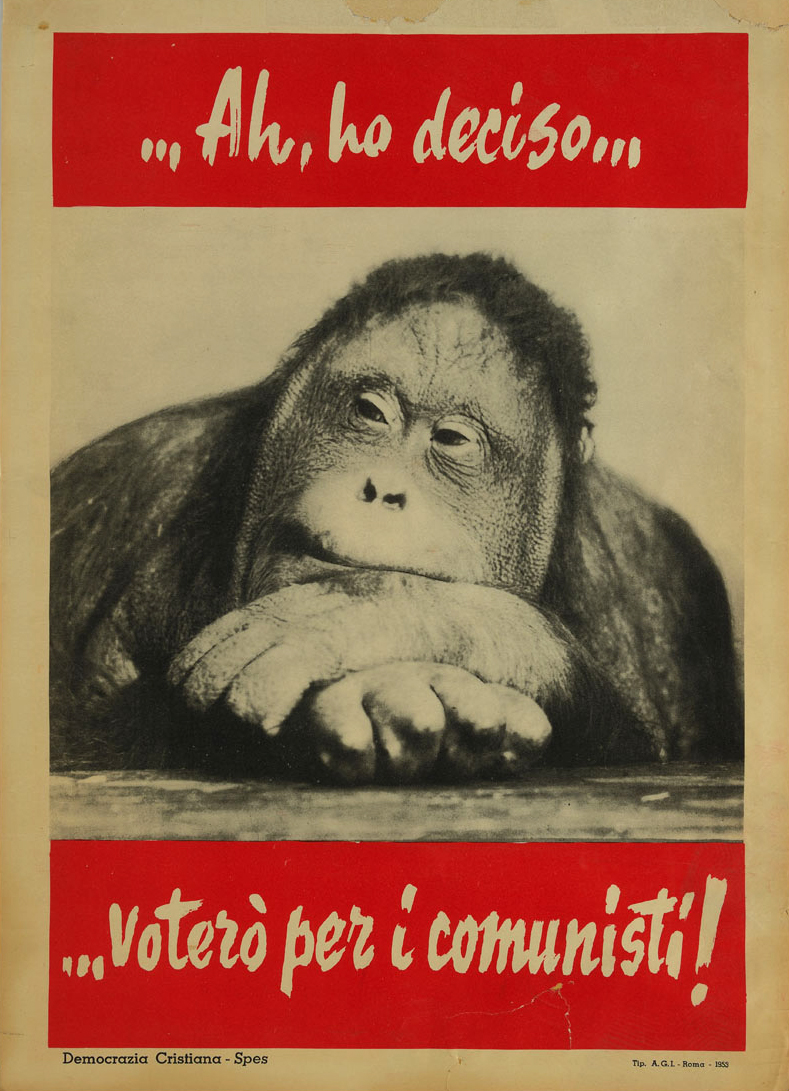Also, I don't just mean they are reactionary in certain area or in their personal life (Like Aristotle was important for biology despite being an apologies for slavery)?
I mean worth looking into their thinking precisely in areas where they're reactionary.
Possible suggestions (not saying they're justified) that I expect people would put forward include:
- Carl Scmitt
- Heidegger


Nietzsche.
He has a lot to say about how ethics are shaped by cultural hegemony but is also a proto-fascist.
"But his sister altered his works to be more supportive of the Nazis?" His works were fascist adjacent before then, why else would the Nazis be drawn to the unedited versions?
Yh this is another classic.
A lot of things to say about several topics. I think sometimes there are moments of genuine insight but there's also a lot of delusional bullshit.
And it's really weird how the pendulum of interpretation swung between 'he was a Nazi' to the liberal and post-modern rehabilitation of 'actually no all the fascist elements are the result of misediting by his siste', which is on the face of it ridiculous if you read the writings, including his notes which his sister edited into 'Will to Power', and just think about it for 5 seconds. The earlier works are still filled with racism, misogyny, and weird fetishistic ideas about Prussianism, Judaism (at one point he calls for a 'new race' to be 'bred' out of the latter two groups) and Islam. In any case, saying that the Will to Power was a result of misediting is really pushing it. He still wrote those individual epigrams and reflections. They were racist, misogynist and anti-semitic by themselves lmao
I'm also confused by (what seem to me desperate) attempts to suggest that when Nietzsche talks about the 'blonde, blue-eyed, aryan beast', that he isn't actually talking about the European 'race' brought in my ancient warriors societies. Like what else is he referring to? Why make those references? Why in the context of discussing the ancient european warrior elites? Like yh sorry the racism is obviously there.
Also the dude might not have been pro-capitalist, and definitely despised most bourgeois culture, and while it's too simplistic to simply say that he wanted a 'return' to his construct of 'master morality' (he doesn't want that, he wants creation of new value-systems conducive to organic health, life and power), he is still a rabid, hierarchical elitist who thinks that slavery is effectively the natural (and for his personal ethics, the deserved) lot of the vast majority.
He was rabidly anti-socialist and, ofc, a gigantic misogynist. He also didn't escape from, nor really try to resolve, his ignorance of non-European cultures.
He's the weird case of genuinely being the original incel, but unlike or the modern ones, actually had several genuinely interesting things to say.
Nietzsche is legitimately probably my favorite prose writer, and Genealogy of Morals is great and useful, philosophically. But yeah it's like every other line is something insightful and interesting, but the next line is usually disgusting. I like to read him and pretend that he is being sarcastic, like making fun of his readers who buy into his fawning over greatness and believe that these lines are meant for them. But I'm pretty sure they're not.
A decent familiarity with Nietzsche is useful since he was so influential, and on the left writers like Foucault that were largely inspired by Nietzsche and his WtP theory, get passed around and discussed a lot. So its useful to understand critiques of Nietzsche which translate to critiques of later writers. Nietzsche is also really good at turning a point around to make it seem ridiculous, the legacy of which is found in a lot of reactionary skepticism and gish-galloping, even though most reactionaries claim to hate him ("God is not dead :frothingfash: .")